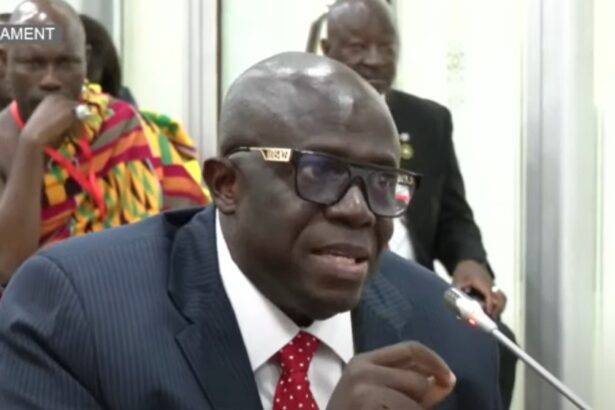“Involving a Justice in the role of Executive is a violation of rule of law†– Sir Dennis Dominic Adjei
Justice Sir Dennis Dominic Adjei has issued a stern warning against any attempt to involve a sitting judge in the operations of the Executive arm of government, calling it a direct violation of the rule of law. His statement has reignited national conversations around judicial independence, constitutional governance, and the creeping influence of partisan politics on Ghana’s institutions.
Speaking at a recent public forum in Accra, the respected Court of Appeal judge and member of the African Court on Human and Peoples’ Rights emphasized that the judiciary's role is strictly to interpret the law, not to execute it. He noted that any deviation from this separation of powers undermines the democratic principles enshrined in Ghana’s 1992 Constitution.
The comments come at a time when concerns over executive overreach are dominating Ghana news headlines. With increasing scrutiny on the role of the judiciary in high-profile cases and politically sensitive matters, the public has expressed growing dissatisfaction with what many see as a judiciary that is not fully independent. Trending topics such as "judicial corruption," "executive interference," and "constitutional review" have flooded social media and online news platforms, reflecting the urgency of the issue.
Sir Dennis warned that appointing a judge to perform executive functions compromises judicial neutrality and erodes public trust in the courts. He reiterated that the judiciary must remain above political influence to serve as a true guardian of the Constitution. “Once a judge becomes part of the Executive, they can no longer be seen as impartial,†he said. “It is a violation of the rule of law and must not be tolerated.â€
His statement echoes similar concerns raised by former Supreme Court Justice William Atuguba and legal scholars calling for reforms in the appointment and functioning of judges. These calls have intensified ahead of the 2024 general elections, where issues of governance, transparency, and institutional trust are expected to be central campaign themes.
In recent months, pressure has mounted on President Nana Akufo-Addo’s administration to uphold the principles of good governance and protect the judiciary from political capture. Critics argue that judicial appointments have become increasingly partisan, contributing to what some describe as a “democratic backslide.†Sir Dennis's remarks are being viewed as a direct challenge to these trends and a call to action for civil society, the Ghana Bar Association, and Parliament.
As Ghanaians demand stronger accountability and reforms, the warning from Justice Sir Dennis Dominic Adjei serves as a powerful reminder: the rule of law is non-negotiable. For democracy to thrive, the independence of the judiciary must be preserved—free from political manipulation and executive interference. The future of constitutional order in Ghana may well depend on it.




No comments yet
Be the first to share your thoughts!